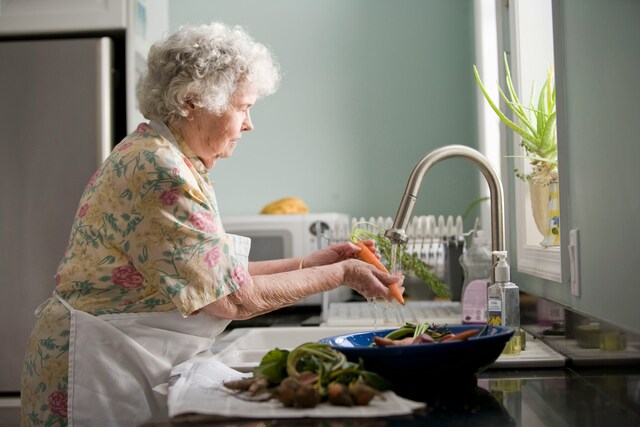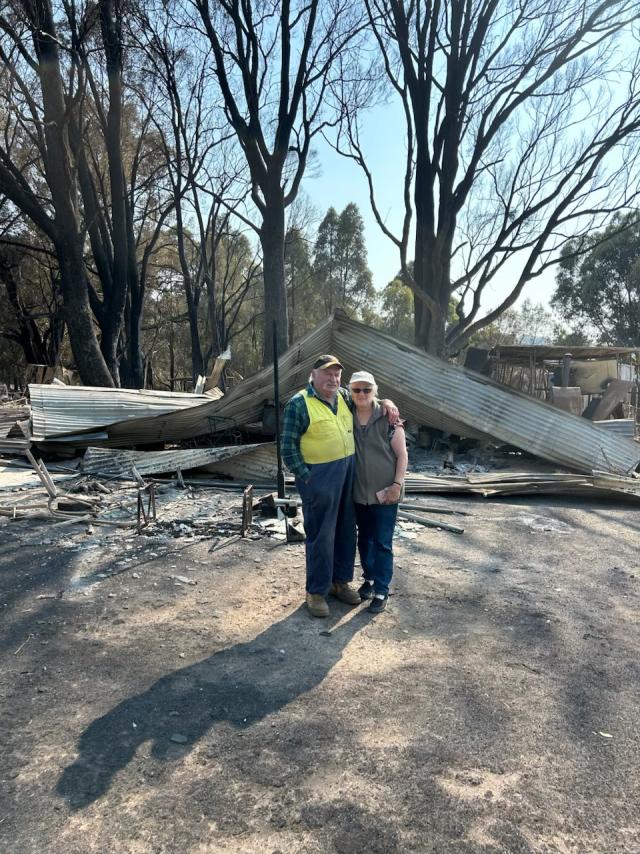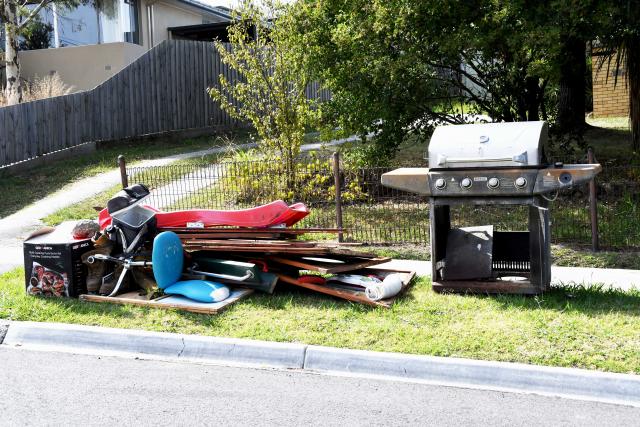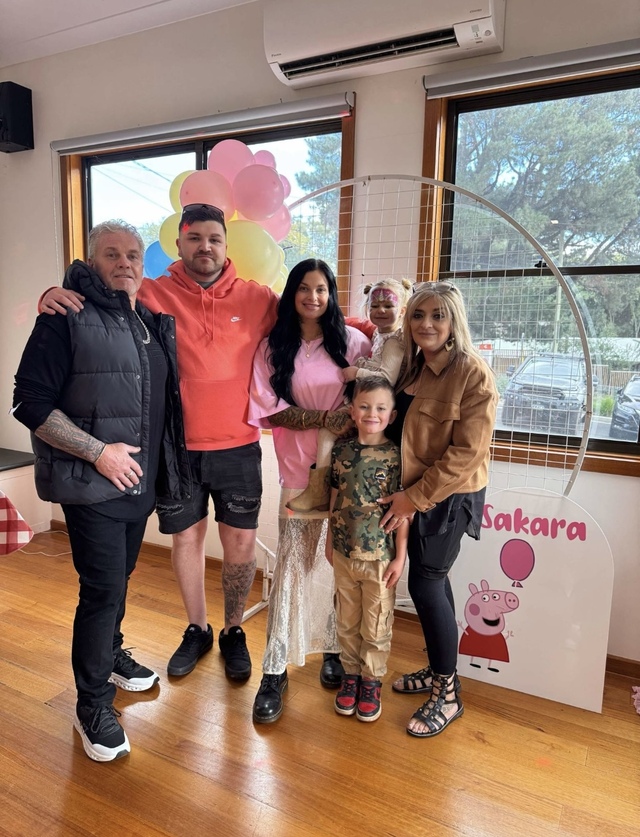As Australia’s ageing population grows and more people elect to remain at home longer, concern over the ability to provide essential services has been raised.
The outer east is not immune to this trend, with Casey MP Aaron Violi outlining in a private members motion in parliament on Monday 3 June multiple cases of residents being unable to access in-home care.
Referencing four different stories in his address to the House of Representatives, Mr Violi said “these aren’t ‘nice to have’ packages; these are necessities for older Australians”.
“I’ll begin with John, who is 92, from Lilydale and needs garden maintenance and mowing. John is unable to even get on the waitlist, with all providers saying their waitlists are full,” he said.
“Majorie, who is 99 and from Chirnside Park, needs additional respite hours for her family, who are her full-time carers, as well as a wheelchair, a walker and podiatry services. She recently had her two hours per week cut back to one and half hours.
“There’s John, who is 80 and from Montrose, who has muscular dystrophy and is no longer able to do his garden maintenance. John required new assessments but had to wait five weeks for that assessment to happen, wait for the package to be provided and then wait again for services to become available for him.
“There’s Lorraine, who is 89 and from Chirnside Park. She needs assistance with shopping and home and garden maintenance but has been told that ‘no-one is available to help at the moment’ and to keep checking in with the service provider.”
The Older Persons Advocacy Network (OPAN) understands that recent senate estimates show that 68,000 people are currently on the waiting list for home care packages.
“Access to home care packages has decreased over the past six months and we expect further pressure on the system as the population ages,” OPAN chief executive officer Craig Gear said.
“Some older people and families have reported to us that they have been waiting nine to 12 months to access a level 3 package.
“Others have said they have waited more than 12 months for Commonwealth Home Support Programme (CHSP) services, particularly in regional and remote areas. That is completely unacceptable.”
Mr Gear said it is not uncommon for OPAN to hear of service providers closing their waiting lists completely and in some “extreme cases”, older people have died before accessing the support they needed.
Because of this, OPAN has called for services to be delivered within 30 days of application in its joint submission to the Aged Care Act Exposure Draft and Mr Gear said it was that early intervention which prevented unnecessary, premature entry into aged care homes for elderly residents.
“Older people consistently tell us that they want to remain at home for as long as possible. Early intervention is key,” he said.
“Providing older people with low cost, high-impact services – such as domestic assistance, community transport and meals – enables them to maintain their independence and social connections.”
However, Mr Gear said because funding and the workforce availability have not kept up with the ageing population it has become increasingly difficult to ensure these services are catering to the needs of the older generation.
A Federal Government department of health and aged care spokesperson confirmed a further $530 million was allocated to provide an additional 24,100 Home Care Packages in the 2024-25 budget.
“By 30 June 2025, this will equate to a record 300,000 older Australians accessing in-home care supports through the Home Care Packages Program,” they said.
Mr Violi said this did not equate to the previous Liberal government’s “last two budgets [which] released an additional 80,000 home care packages”.
“Supporting elderly Australians through aged care supports is one of the key roles of a federal government in Australia,” he said.
“It acknowledges the invaluable contributions that Australians have made in their working lives, as carers, in their personal lives and in building communities.”
The department spokesperson said to make further headway in addressing the growing need, the Australian government would be rolling out the new Support at Home program come 1 July 2025.
“The government acknowledges there are concerns being raised by older people in Australia who are waiting to access supports that will help them live in their own homes,” the spokesperson said.
“The Support at Home program is being designed to better support older people to remain independent, in their home and community for longer.
“The Government is also making significant investments to the workforce in aged care including to lift the wages of workers to attract and retain staff in the aged care sector.”
Mr Gear said the new program is meant to “integrate and streamline services” but OPAN would be looking to work with other national bodies to advocate and ensure it “enables people to exercise choice and control in the planning and delivery of their aged care”.
In his motion, Mr Violi called on the government to address the shortfalls and do more to protect older Australians.
“This doesn’t just impact the lives of the clients; it impacts their families and carers, who have no choice but to follow up with these providers and departments. It’s simply not good enough,” he said.
“The Albanese Labor government is failing to address this shortfall in aged-care packages, and elderly Australians are paying the price every day.”
Anyone with concerns or issues surrounding an aged care service, can contact OPAN’s free, confidential and independent Aged Care Advocacy Line on 1800 700 600.

















